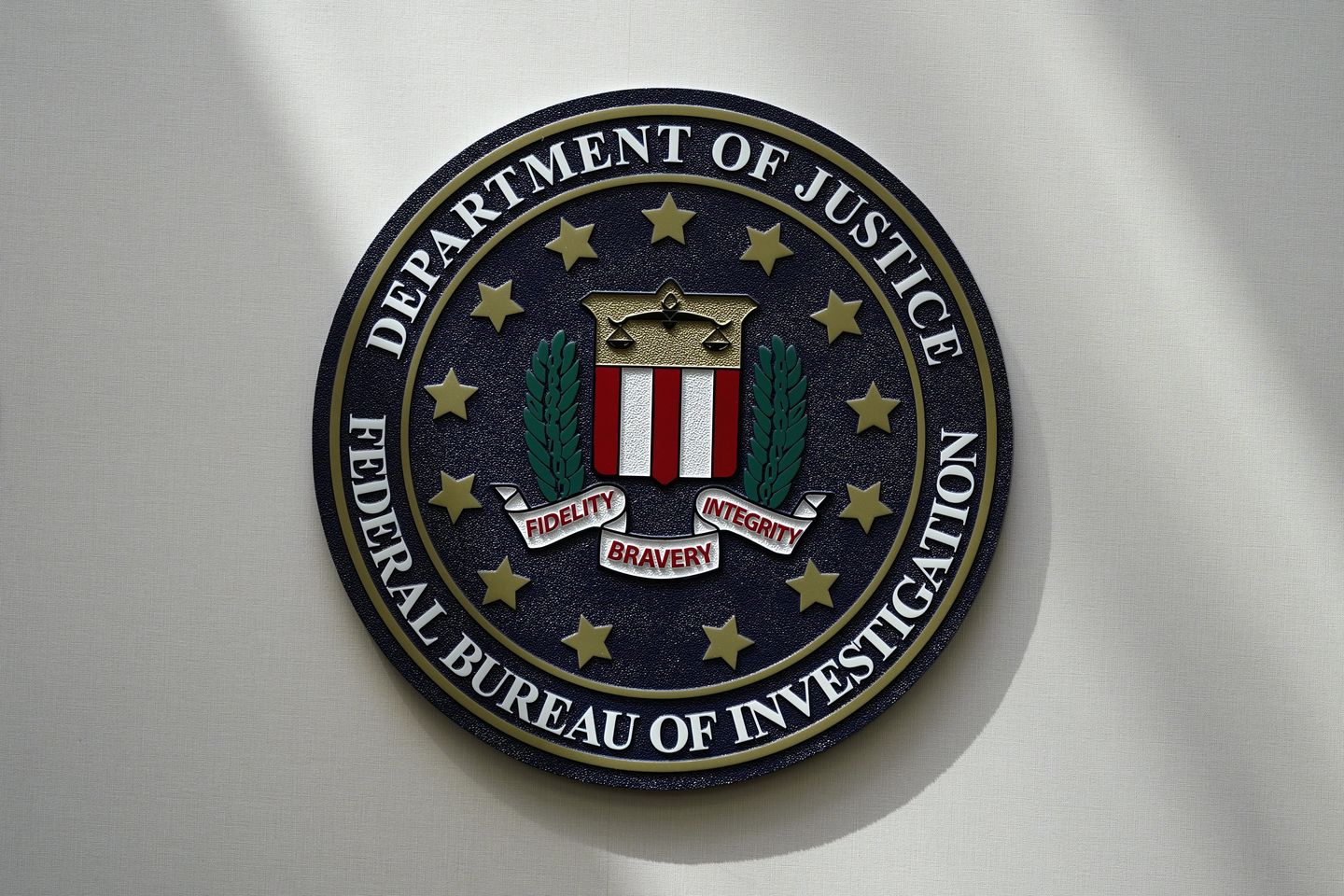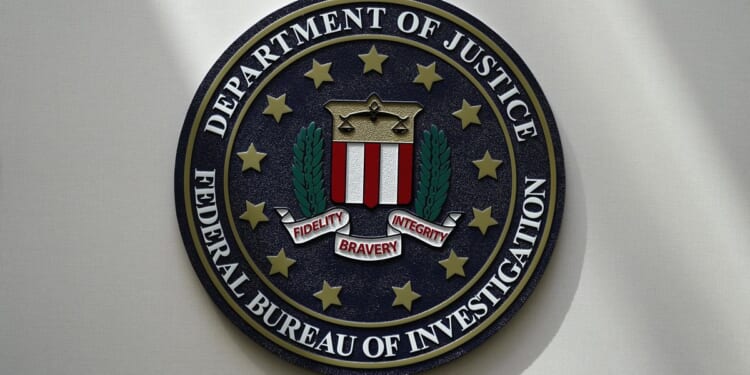
The FBI ran afoul of the Fourth Amendment when it opened safety deposit boxes of California residents and checked the contents, according to a federal circuit court ruling this week.
In an opinion issued Tuesday, the 9th U.S. Circuit Court of Appeals ruled the FBI in its probe into US Private Vaults infringed on its customers’ constitutional rights when agents seized 700 of the boxes and went through belongings valued at more than $80 million, according to reports. The raid occurred in 2021.
The Beverly Hills company had operated its business by telling customers their identities would remain anonymous. Law enforcement believed the company and its customers were engaged in criminal activities like money laundering, drug trafficking and prostitution rings.
The company, which is now permanently closed, pleaded guilty to drug charges and money laundering.
As part of the government’s probe, the FBI got a warrant to seize the boxes — but not to produce an inventory of the contents.
The agents, though, went ahead and opened them and created a list of the property, looking to forfeit anything valued over $5,000.
Some of the clients of US Private Vaults who were not engaged in criminal activities sued to get their assets returned, which the government eventually did.
They continued the litigation, though, arguing the feds infringed on their constitutional rights.
The three-judge panel from the 9th Circuit agreed and ordered the inventory list destroyed.
Some of the assets collected were silver, cash, watches and important documents.
“It is particularly troubling that the government has failed to provide a limiting principle to how far a hypothetical ‘inventory search’ conducted pursuant to customized instructions can go,” wrote Judge Milan D. Smith Jr., a George W. Bush appointee, for the court.
The district court had ruled for the government, reasoning the feds couldn’t obtain a criminal warrant for each box.
Paul and Jennifer Snitko were the lead plaintiffs in the lawsuit. They used US Private Vaults to store jewelry, coins, hard drive backups, watches and legal documents.
They lived in an area with wildfires and wanted to protect their assets from burning.
“This is a good day,” Ms. Snitko told The Los Angeles Times after the court victory. “Not just for us, but for all Americans — to say you have a right to privacy, your Fourth Amendment right does exist. It’s a constitutional right for you to be able to keep your things privately and not have them raided without a proper warrant.”












